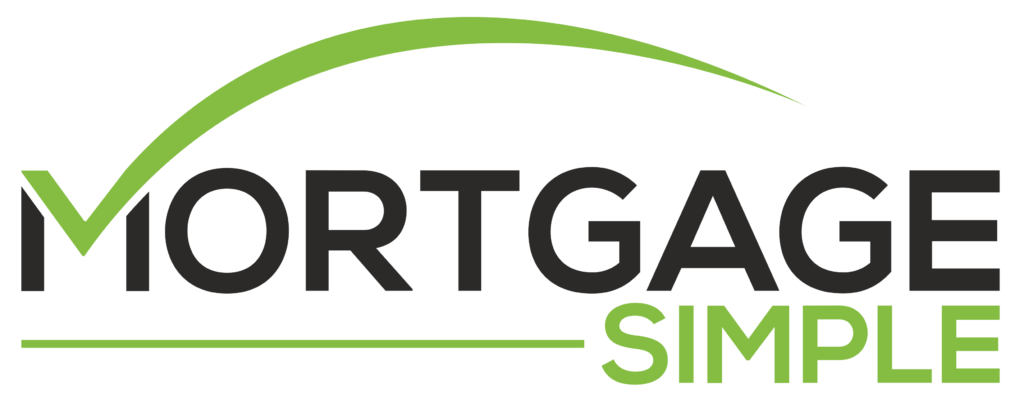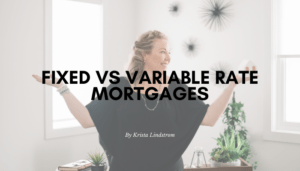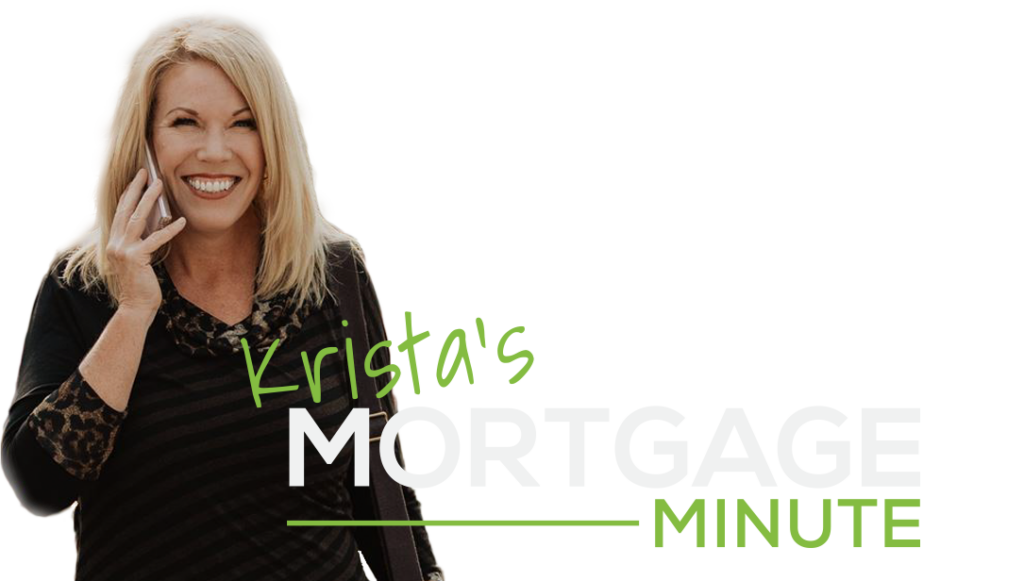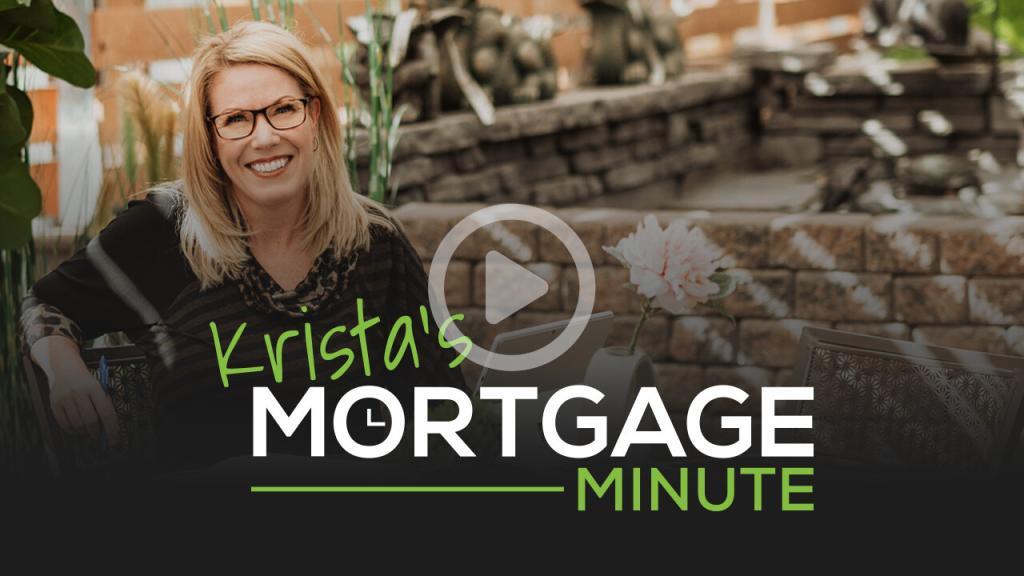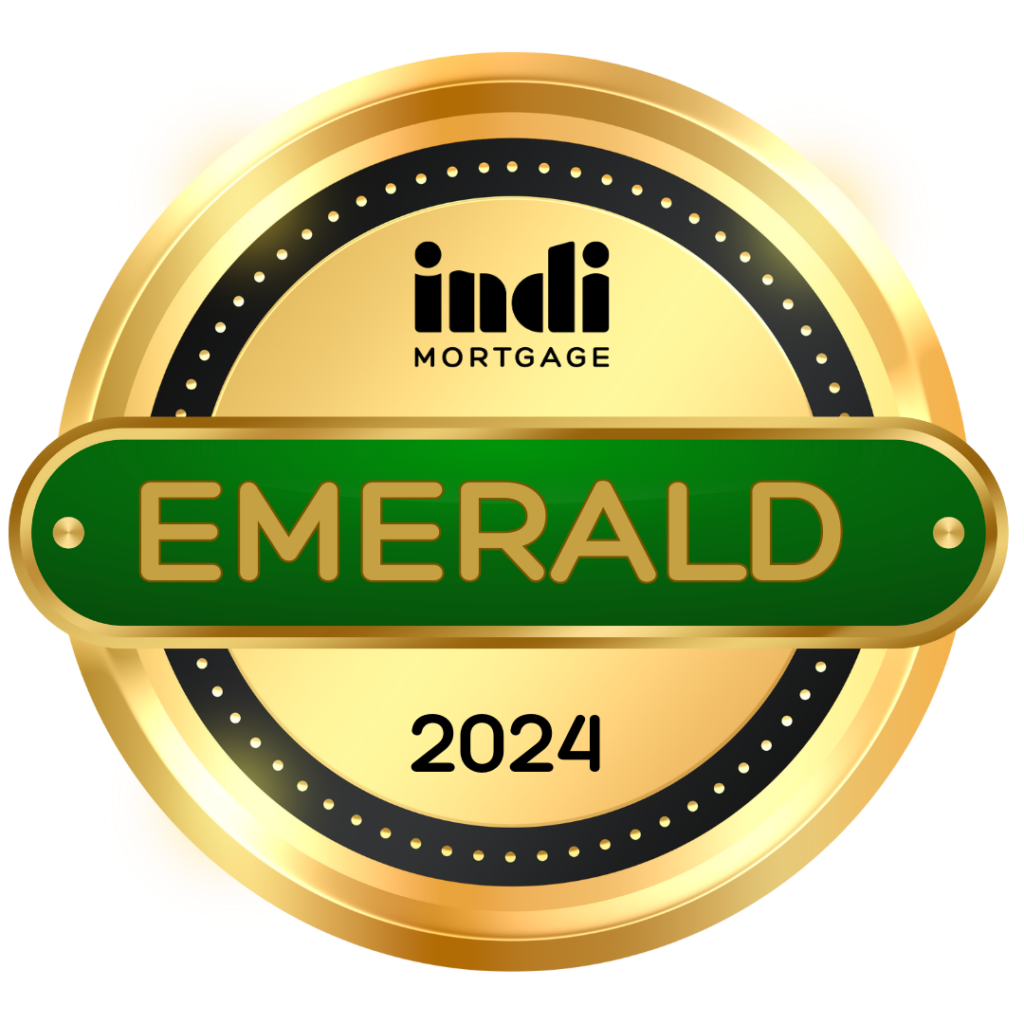Times have changed in the mortgage industry. For the majority of my mortgage career my clients have been split about 50/50 between fixed and variable. Now, the vast majority of my clients are choosing fixed rates, and I get it. Never have I seen fixed rates lower than variable rates. For all of you sitting in variable rate mortgages, are you aware that you can convert to fixed mortgage with no penalty? The bigger question is, should you? Let’s discover whether this makes good sense for you.
PRO – Reduced Rate
If you timed the market just right you may have a prime minus one mortgage. Prime is 3.95 – 1.0 = 2.95%. Today the best discounted five-year rate is 2.69% so that’s a savings of about a quarter point. That’s not insignificant, and you can lock that in for the remainder of your term. That will equate to a couple of thousand bucks depending on the size of your mortgage. I’ll take reducing my mortgage by a couple grand! The savings will even be more significant if the Bank of Canada raises prime rate in the coming years. But what are the consequences?
CON – Penalty
If you had the experience of working with me you have likely heard me say, “what is your exit strategy?” If you are fortunate, and you actually make it to the end of your five-year term, then you won’t have to consider what your penalty is to break your mortgage. But statistically, six out of ten Canadians break their mortgage (usually around the three-year mark) and that triggers a penalty. I know, you’re not the one who gets transferred, or divorced, or loses a job, or has a spouse pass, or your port is declined– but it is happening to greater than 50% of Canadians.
If you convert to a fixed rate mortgage the penalty clause wording changes from three months interest to three months interest or IRD (interest rate differential), whichever is greater. And IRD is kind of like a swear word . . . it’s nasty. Every lender calculates IRD differently.
If your mortgage is with a big bank CIBC, BMO, RBC, Scotia, and TD then you need to be aware that those banks have the least favourable penalty calculation to the consumer. They calculate your penalty on the spread between benchmark (5.19% today) or posted rate and what your actual interest rate is. This can come up with some pretty nasty numbers (again depending on the size of your mortgage) but I have seen IRD penalties in excess of $20,000.
If you are with a monoline lender (only available thru a mortgage broker) they generally calculate the penalties based on prime rate (3.95% today) or contract rate and what your actual interest rate is. This is greater than three months interest but certainly less than the big five banks.
Why is this happening?
Let’s remember that fixed rates and variable rates are totally different markets. Fixed mortgage rates are driven by the bond yield – how much banks can borrow money for, and variable rate mortgages are driven by the overnight interest rate set by the Bank of Canada – economy based.
I (we) have a variable rate mortgage and we are not converting to fixed, and here’s why. We plan on moving within the term of our mortgage, and we like the flexibility, that if the timing does not work out perfect, the maximum penalty we will be charged is three months interest. So yes, it’s going to cost us some extra money in interest but it will cost us more if we convert and have to break a fixed rate mortgage and pay interest rate differential. Is this called opportunity cost?
Worth the risk?
Most people choose a variable rate because it’s typically priced half, to and entire percent less than a fixed rate mortgage. Combined with the maximum penalty of three months interest it’s often worth the risk of the fluctuating prime rate. I feel the upcoming Federal election has an impact on this unique situation and if I were betting this window is short lived. We are definitely in a quirky situation with fixed being lower than variable and that begs the question, is the risk-reward payoff enough to make the switch to fixed rate mortgage?

